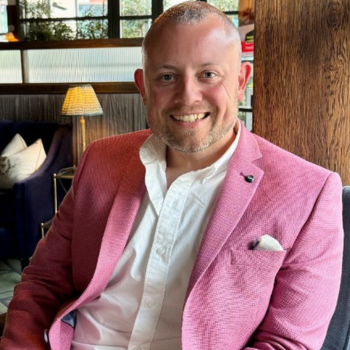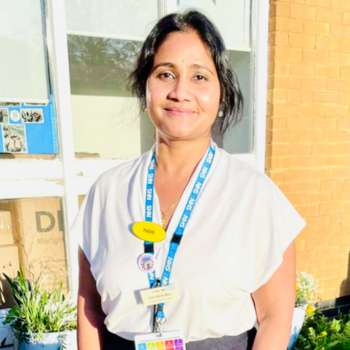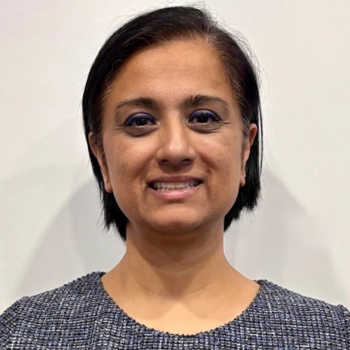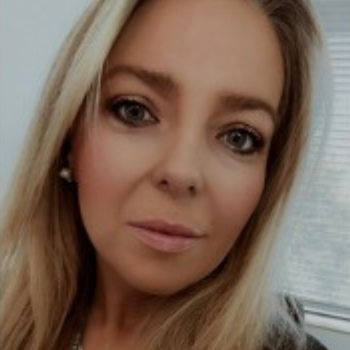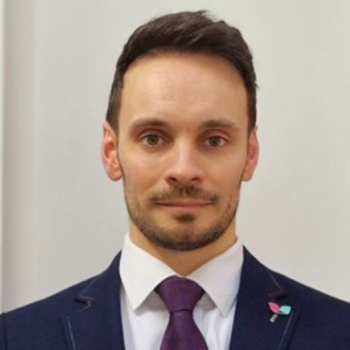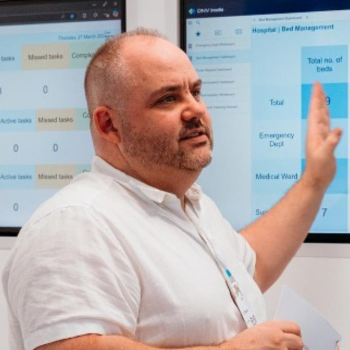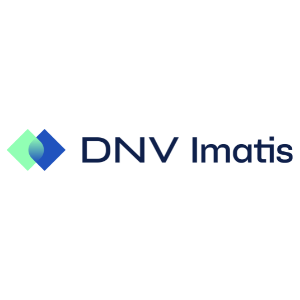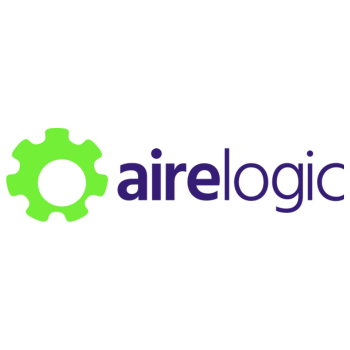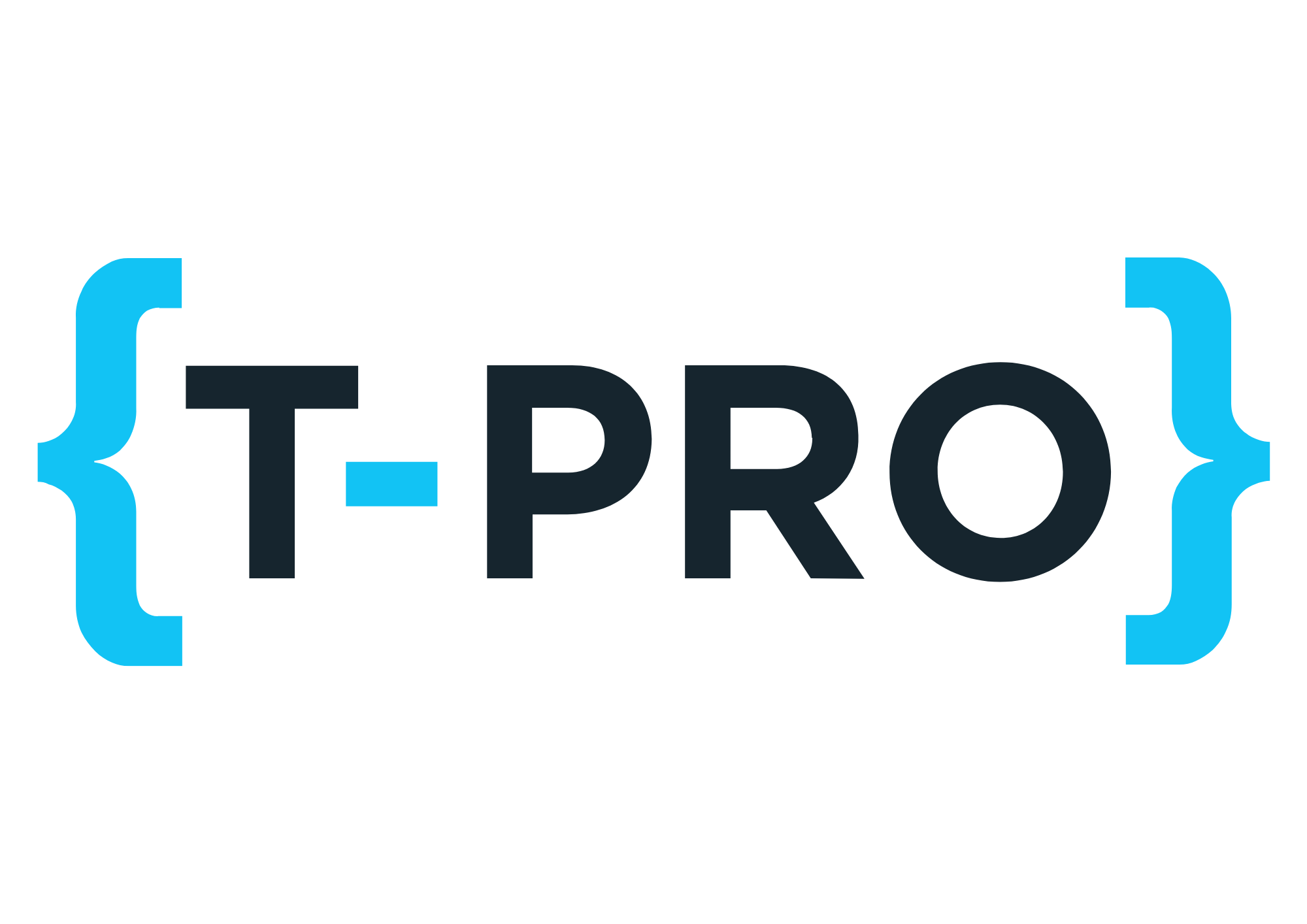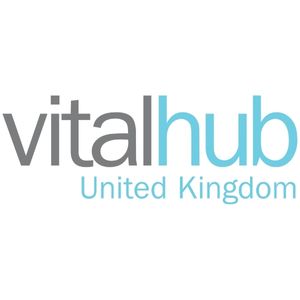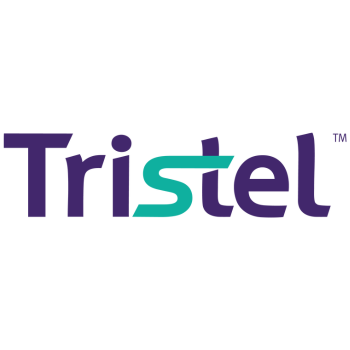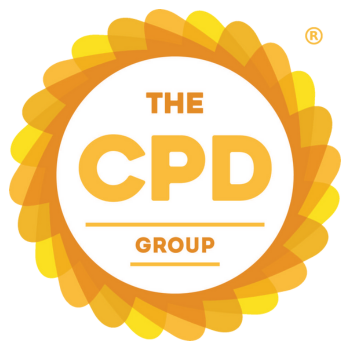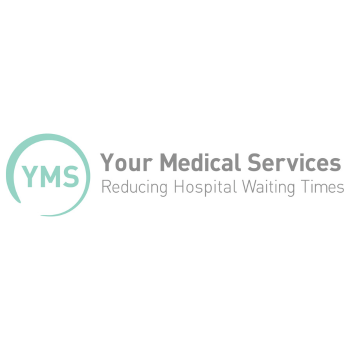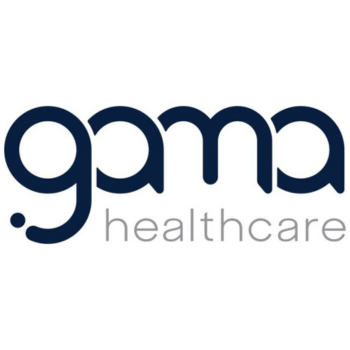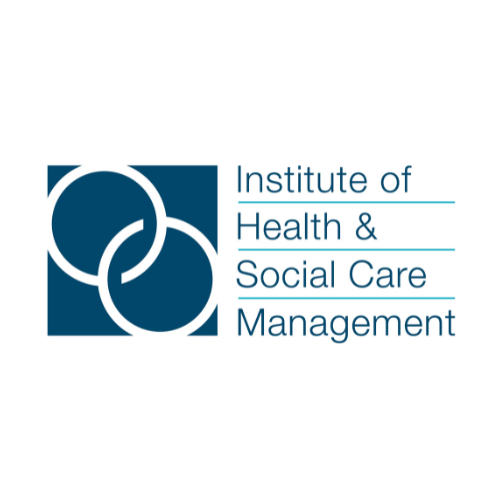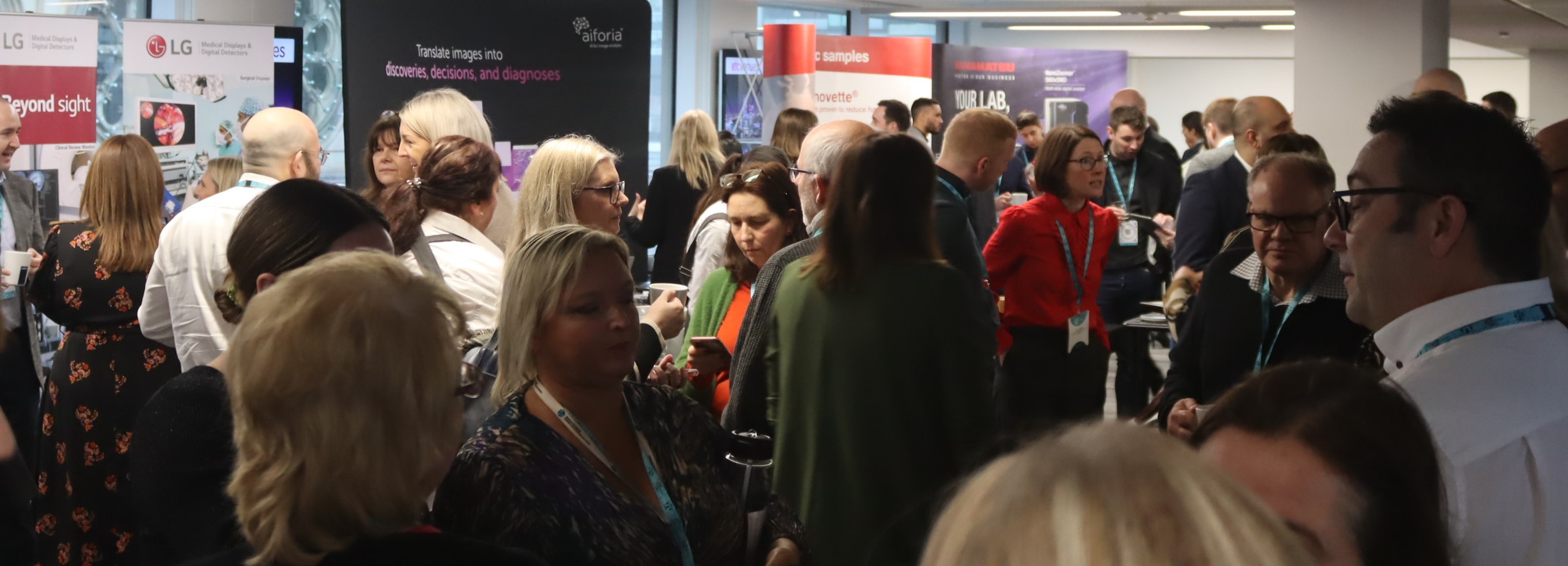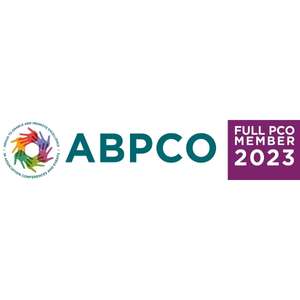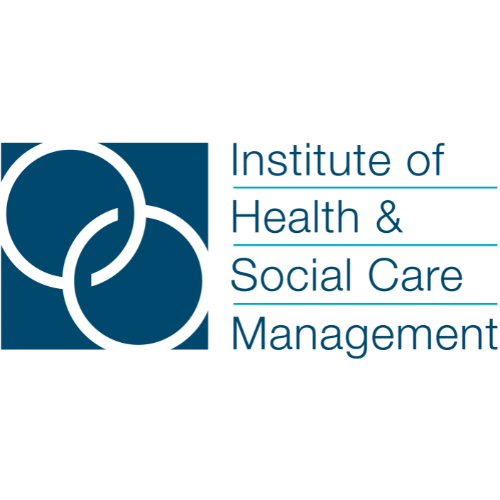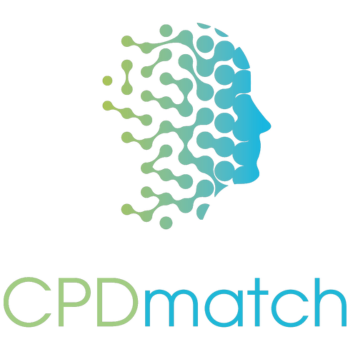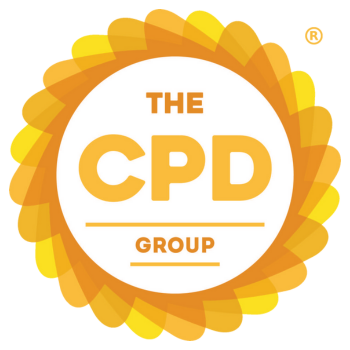The programme
08:30
Registration & Networking
Registration & Networking
09:30
Chair Opening Address (Confirmed)
Chris Morrow-Frost
National Clinical Advisor to Secondary Care
NHS England
09:40
Keynote Presentation - Urgent and Emergency Care a Digital Front Door Solution (Confirmed)
Emily Godfrey
Implementation Manager
NHS England
Ross Dawson
Improvement Practice Programme Manager
East Lancashire Hospitals NHS Trust (ELHT)
This presentation explains the steps that we took at East Lancashire Hospital NHS Trust to put a digital solution at the front door to help stream and redirect patients to the appropriate service so they can be assessed by the right clinician in a timely manner. It has also allowed for the implementation of a 24 hour per day appointment service in our Urgent Treatment Centres as the NHS Digital Streaming and Redirection tool allows for identification at the front door of patients suitable for appointments with our Clinicians.
10:00
Smart Access, Better Outcomes: Tackling Avoidable A&E Attendances with Primary Care, Technology, and AI panel discussion
Sarah Williams
Associate Director for UEC and Patient Flow
Herefordshire and Worcestershire ICB
Tom Mickelwright
Medical Director
ORCHA Health
This panel will explore strategies to alleviate pressure on Emergency Departments by addressing the root causes of non-urgent A&E attendances. Experts from across the healthcare system will discuss innovative approaches to redirect patients to more appropriate care settings. The session will highlight the role of improved access to primary care, the use of public-facing navigation tools, and the integration of AI-assisted decision support systems. Panellists will share evidence-based practices, real-world case studies, and practical insights on empowering patients to make informed choices, enhancing care coordination, and ensuring resources are directed to those who need them most. This discussion aims to foster collaboration and inspire system-wide change to improve patient flow and overall service efficiency.
Pannellists:
10:30
Case Study - Rabbit or Duck? Rethinking the Divide Between Health and Social Care
Rob Hurrell
Senior Business Development Manager – Health
Enovation UK Limited
Case Study - Enovation
In recent years, Health and Social Care have increasingly been viewed as one domain, with many of the same challenges and the same solutions (albeit not always with the same budgets).
The introduction of regional commissioning by ICBs and the recently updated 10 Year Plan for the NHS have served to accelerate this trend. Join us as we explain how the patient journey can be viewed equally well through a Health or Social Care lens, depending on perspective, and how technology solutions are breaking down the divide between the two, to create a single, holistic pathway of care.
10:50
Morning Break & Networking
Morning Break & Networking
11:50
Chair Morning Reflection (Confirmed)
Chris Morrow-Frost
National Clinical Advisor to Secondary Care
NHS England
12:15
Case Study - Your Medical Services
Case Study - Your Medical Services
As the NHS aims to increase access, streamline pathways and reduce delays across the system. YMS over the last decade has supported this ambition by adding targeted capacity, simplifying routes of care and shortening waits so patients are seen in the right place at the right time.
In this session, YMS will share practical lessons from recent partnerships with Trusts and systems, showing how:
• Additional outpatient, diagnostic and surgical capacity helps clear bottlenecks, reduces backlogs and protects urgent pathways.
• Advice and guidance triage, coupled with one-stop care models, improves right-first-time outcomes, shortens time to decision and reduces avoidable hospital attendances.
• Our Health and Social Care team’s work on prevention, neighbourhood health and early intervention reduces A&E admissions, lowers demand for complex care packages and strengthens local system resilience.
By bridging frontline delivery with operational oversight, YMS is helping build smoother, more integrated and sustainable pathways. On the day, we will illustrate this with case studies from recent programmes and reference insights from our presentation at the 18th NHS Patient Flow Summit.
12:35
Presentation - Improving patient outcomes through Discharge to Assess (D2A) and Continuing Healthcare (CHC) process (Confirmed)
Sandra Cooper
AACC Clinical Lead
NHS Midlands & Lancashire CSU
In this presentation we explore the implementation of the Discharge to Assess pathway and support participants to gain an understanding of the process requirements which enables assessment outside of hospital.
In addition, to gain an understanding of the processes which enable patients and families to engage in an ongoing assessment to determine their future care needs.
12:55
Case Study - The operational foundation for Same Day Emergency Care
Will Broadbent
Commercial Director
Wandsworth Healthcare (representing DNV Imatis)
Case Study - DNV Imatis
Same Day Emergency Care (SDEC) is central to the NHS plan to reduce A&E pressure and get patients treated in the right place, at the right time. To make SDEC work, it's cruical to ensure the operational flow behind them: rapid diagnostics, available beds, coordinated support services, and seamless communication between teams.
In this session, DNV Imatis will share lessons from Nordic hospitals on how digital coordination improves patient flow and supports SDEC ambitions. We will show how:
- Bed turnaround and real-time capacity visibility ensure SDEC units have space when it’s needed.
- Digital task management speeds diagnostics and supports timely discharge.
- A workflow-first approach, shaped with clinicians, reduces friction for frontline staff while giving managers dashboards to detect and resolve bottlenecks.
By bridging frontline workflows with operational oversight, hospitals can build the foundation for effective and sustainable SDEC, and improve flow both for same-day patients and across the whole hospital.
14:00
Chair Afternoon Address (Confirmed)
Chris Morrow-Frost
National Clinical Advisor to Secondary Care
NHS England
14:05
Case Study - Flow Forward: from bottlenecks to breakthroughs in Infection Prevention and Care Pathways
Kris Khambhaita
Director Infection Prevention & Control, Trust Decontamination Lead
Dartford and Gravesham NHS Trust
Case Study - GAMA Healthcare
Effective patient flow is the backbone of a resilient and responsive healthcare system, This session explores how locally we have identified bottlenecks in the usual methods of working and approaching infection prevention, infection control, and then providing solutions to introduce efficiencies.
Drawing on piloted and tested methods, frontline first-hand experience of interventions that have made a difference to managing flow, integrating infection prevention. Attendees will gain practical insights into aligning clinical pathways with operational capacity, improving patient outcomes while reducing pressure on urgent and emergency care services.
14:25
Keynote Presentation - Transforming Discharge Destinations for Patients with Cognitive Impairment (Confirmed)
Dawn March
Trainee Health Psychologist
Central and North West London (CNWL) NHS Foundation Trust
Bhavani Harshini Atmakur
Team Lead Physiotherapist Home1st WICU/Seacole Inpatient Pathway
Central North West London (CNWL) NHS Foundation Trust
Background
The primary challenge was the high rate of discharges to care homes of patients with dementia and cognitive impairment, contributing to prolonged hospital stays, increased deconditioning, and reduced patient motivation. Complex discharge processes involving multiple agencies added strain on health and social care resources. A collaboration between physiotherapy and psychology, aimed to improve outcomes for these patients within a community hospital setting.
From September 2022 to September 2023, data from patient admissions (n=546) showed 22.5% of patients had cognitive impairment, with nearly 99% discharged to care homes. Our goal was to reduce this rate by 25% through a "Home First" approach, supporting patients to return home with necessary support, ensuring timely and safe discharges and enhancing rehabilitation in familiar environments.
Method
To achieve this, we adopted a Quality Improvement (QI) framework, involving patients, caregivers, and staff to co-develop interventions based on health psychology principles. The COM-B model guided the design to improve patient engagement with rehabilitation. Key interventions included staff education on cognitive impairment, engaging activity packs for patients, and group-based physical therapy combined with elements of cognitive stimulation therapy (CST) to enhance rehabilitation journeys.
The intervention was phased, starting with pilot programs and using Plan-Do-Study-Act (PDSA) cycles to refine interventions. Staff training improved understanding of cognitive impairment and its effects on rehabilitation. Activity packs provided guidance on home safety, nutrition, and local resources. Group exercises combined physical and cognitive stimulation to enhance abilities and encourage social interaction.
Results
By the end of 2024 with all intervention elements in place, the team demonstrated that 87% of eligible patients (n=97) with cognitive impairment were discharged to their own homes following a stay in a community hospital. Data over time showed the project’s impact, with home discharges increasing after the full approach was introduced in April 2024 and stabilising in the following months, indicating a new system was established. The mean length of stay for eligible patients was 40 days. Patients with longer lengths of stay required more medical input to stabilise their physical health due to conditions like pressure ulcers which limited therapy input and necessitated complex discharge plans.
Reflection
Feedback from patients and caregivers showed increased satisfaction, with patients experiencing better mobility, enhanced social interactions, and greater engagement in rehabilitation. During regular team meetings staff expressed pride in offering holistic, patient-centred care that emphasised autonomy and well-being. This collaborative approach not only decreased dependence on care homes but also improved overall care quality and patient outcomes.
Conclusion
To conclude, the "Home First" approach showcases the power of interdisciplinary collaboration in developing integrated care models. By involving staff, patients, and caregivers in co-creating solutions, we achieved significant improvements in discharge outcomes, minimised system inefficiencies, and optimised resource utilisation. This project highlights the potential of collaborative methods to transform care pathways, enhancing both patient outcomes and healthcare system efficiency. Our next steps include exploring service costs and expanding the approach.
14:45
The Future Hospital & Technology: Reimagining Care, Enhancing Access Panel Discussion
Sarah Williams
Associate Director for UEC and Patient Flow
Herefordshire and Worcestershire ICB
Tom Mickelwright
Medical Director
ORCHA Health
Edward Chinwendu Oforka
Hon. Associate Professor of Medical Education & Consultant in Emergency Medicine
Leicester Medical School & University Hospital of Derby & Burton (UHDB) NHS Trust
This panel will explore how technology is transforming the future hospital into a hub for specialist care, supported by innovations such as robotics, AI, personalised medicine, and digital health. Panelists will discuss how these tools can improve patient flow, ease pressure on acute services, and expand access to care, while addressing the challenges of implementation, equity, and workforce readiness. The session will highlight how reimagined hospitals can deliver more efficient, connected, and patient-centred services across the NHS.
Pannellists:
-
Edward Chinwendu Oforka, Hon. Associate Professor of Medical Education & Consultant in Emergency Medicine, Leicester Medical School & University Hospital of Derby & Burton (UHDB) NHS Trust (Confirmed)
-
Tom Mickelwright, Medical Director, ORCHA Health (Confirmed)
-
Sarah Williams, Associate Director for UEC and Patient Flow, Herefordshire and Worcestershire ICB (Confirmed)
15:15
Food, Drinks & Networking
Food, Drinks & Networking


